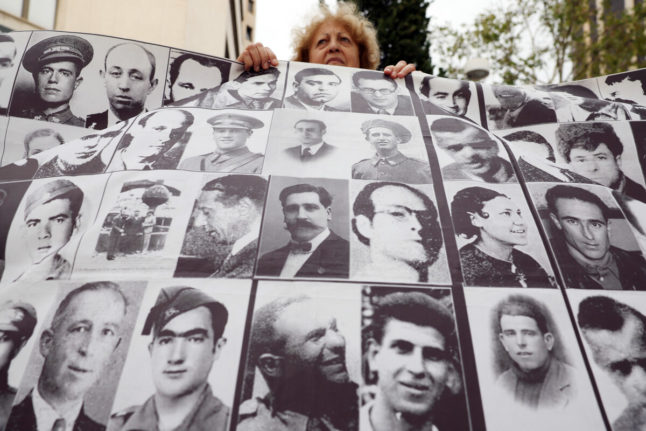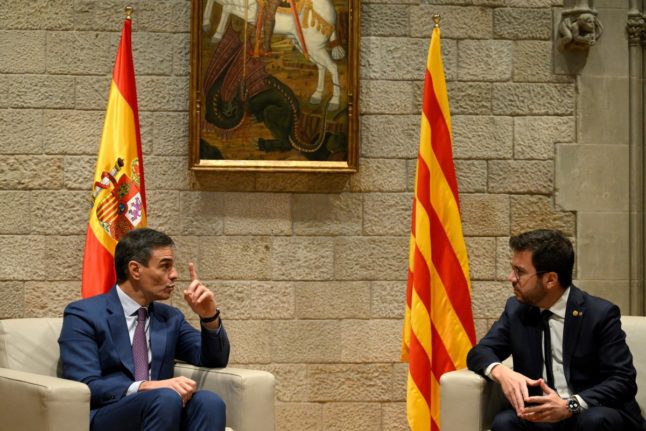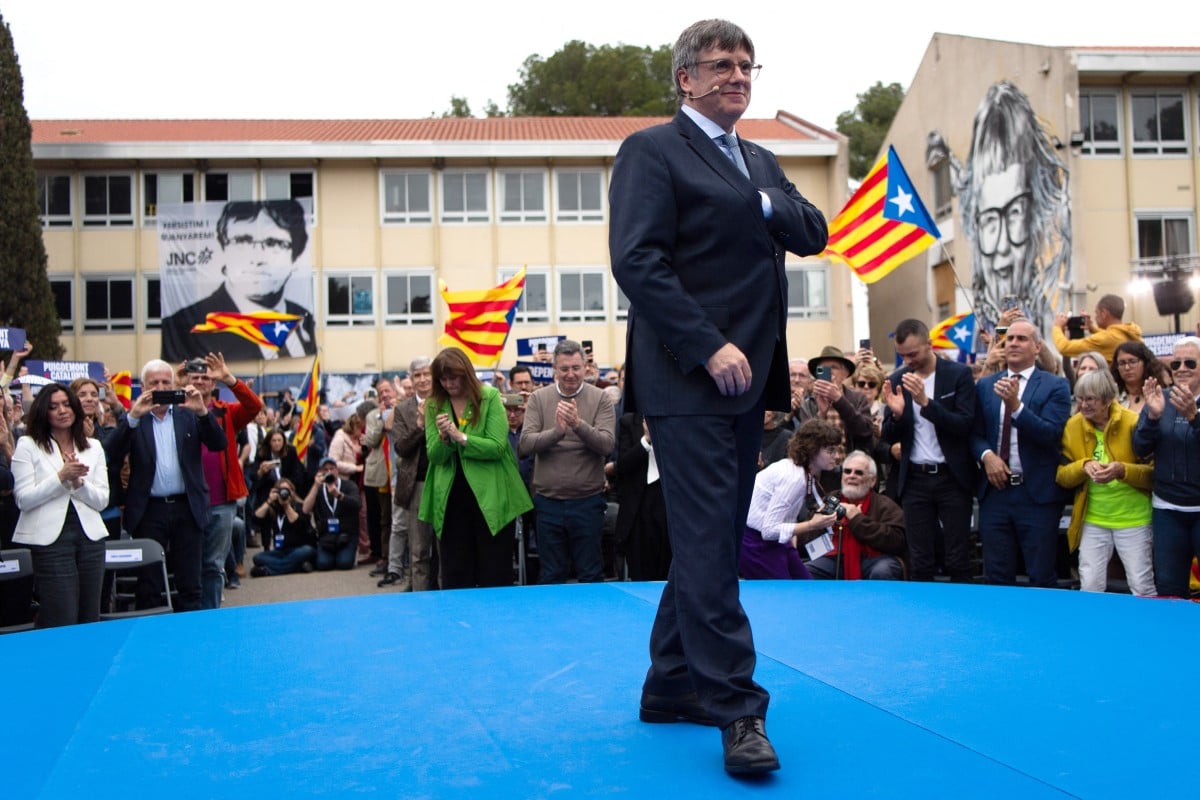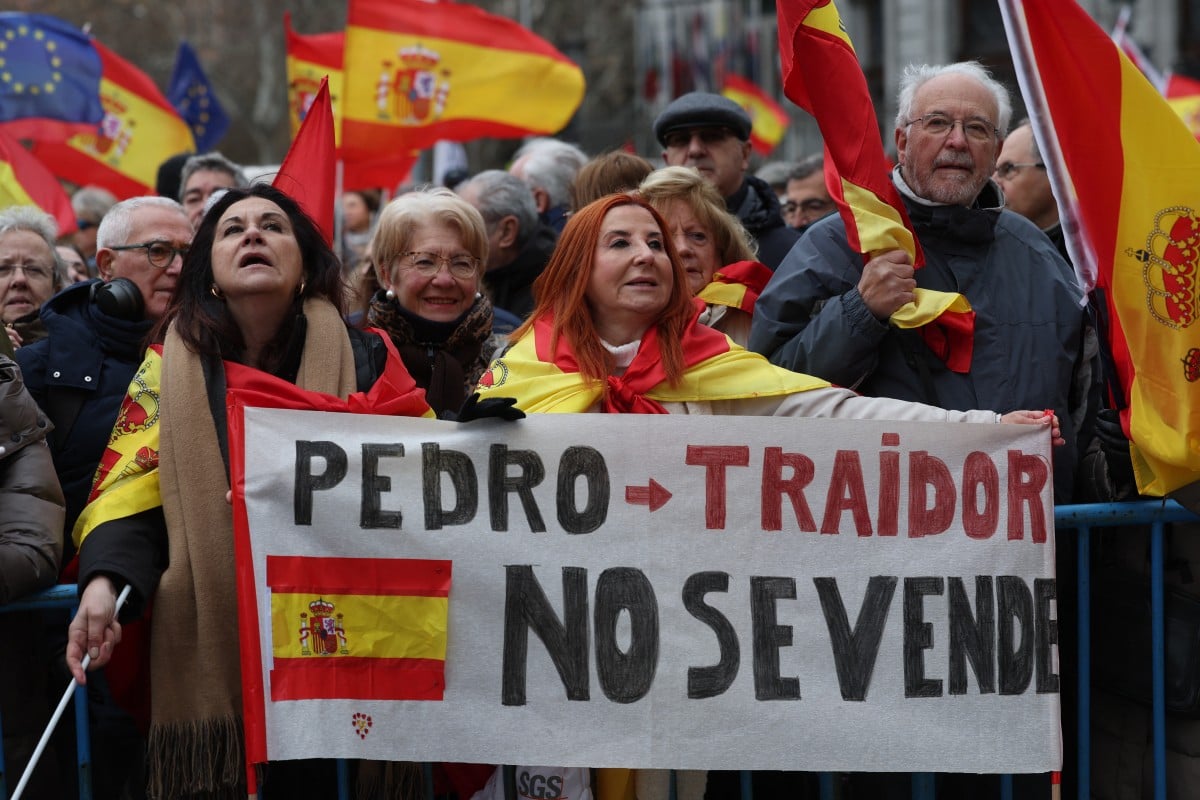In an unusual move, Spanish prosecutors threw their weight behind the case last month, asking the court to investigate the claim filed by former trade unionist Carles Vallejo relating to abuses during Francisco Franco’s 1939-1975 regime.
Vallejo made his claim in November 2022, alleging he had been tortured at a Barcelona police station in the early 1970s to get information on his activities.
But Catalonia’s top court said it had decided not to admit the case.
It said the events “fell outside the statute of limitations and were covered by the amnesty”, a reference to a 1977 law passed as Spain moved from dictatorship to democracy.
“We will appeal,” said Catalonia’s top justice official Gemma Ubasart in a message on social media.
Human rights organisation Iridia denounced the decision as perpetuating a culture of silence regarding crimes committed by Franco’s regime.
“The refusal to investigate Francoism’s crimes is a violation of the right to truth, justice and reparation, and it represents the ongoing perpetuation of a model of impunity which is based on silence and indifference and is still very present within Spain,” it said in a statement.
Vallejo’s lawsuit was filed a month after Spain’s left-wing government passed a democratic memory law to tackle the legacy of the 1936-39 Civil War and the ensuing dictatorship, and honour victims of violence and persecution under Franco.
Until the law was passed, Spain’s courts had routinely rejected lawsuits filed by victims, saying they fell under the 1977 amnesty law or that the time limit for filing criminal charges had passed.
But in backing Vallejo’s claim last month, public prosecutors said the new law had created a new legal framework for such cases that required judges “to investigate alleged violations of human rights” that occurred “during the civil war and the dictatorship”.
They called for a probe “into the facts” alleged by Vallejo and “their context” in a move hailed by Amnesty International as the first time prosecutors had called for a probe into torture and crimes against humanity during the dictatorship.
Also last month, another man who says he was arrested and tortured by the Franco regime testified before a Madrid court for the first time since the dictator’s death in 1975.
Julio Pacheco Yepes, 67, was called to testify after a judge decided to admit his case on grounds it contained “possible” evidence of “crimes against humanity and torture”.
In his case, there was no call by public prosecutors to investigate the allegations.
Over the years, around 100 lawsuits have been filed over alleged torture during the Franco era, but none was ever admitted, victims’ associations say.





 Please whitelist us to continue reading.
Please whitelist us to continue reading.
Member comments